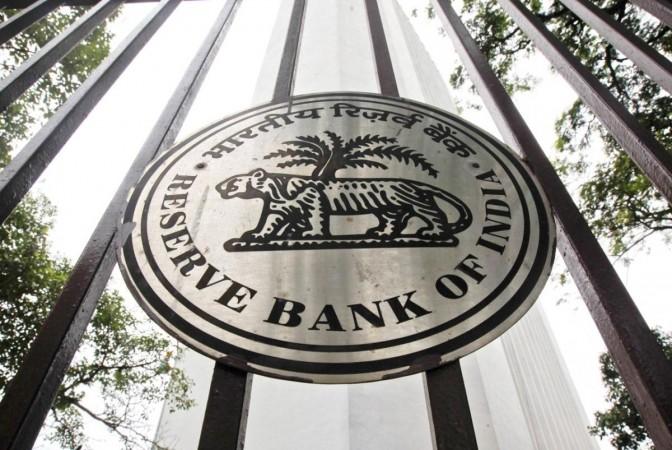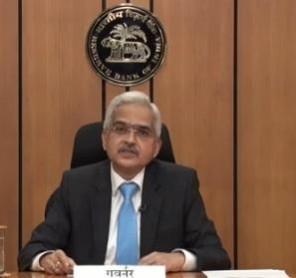Banking frauds have taken varied dimensions with the passage of time. With the advent of digital age and online transactions, however, fraudsters too have upgraded their skills and latched on to innovative methods to rob unsuspecting people of their hard-earned money.
The Finance Ministry and the Reserve Bank of India (RBI) have earmarked measures to safeguard the general public from being defrauded by scamsters posing as bank employees, financial advisors and loan agents.

The RBI has also issued Master Directions for classification and reporting of frauds by commercial banks and select financial institutions.
Banks on their part are required to report fraud cases to the law enforcement agencies. In addition to this, the RBI issues advisories to people, alerting them against such practices.
It cautions them to be aware of fraudulent messages, spurious calls, unknown links, false notifications and unauthorised QR codes.
Finance Ministry sources said that fraudsters attempt to get confidential details like user ID, login details, transaction passwords, one time password (OTP), debit and credit card details, PIN, CVV and other personal information of people, to swindle money from them.
Industry watchers said that banking frauds mainly occur due to various reasons like non-adherence to know your customer (KYC) norms while opening accounts and also due to non-compliance of the laid down standard operating procedures or regulatory guidelines for deposit and loan accounts.
Some other reasons which lead to bank frauds are collusion between the borrowers and third-party agencies like valuers, advocates, chartered accountants etc., lack of awareness regarding the mechanism to detect early warning signals and lack of awareness among customers.
Actions which banks take against fraudsters to recover the stolen amount include attachment of property of a fugitive economic offender as well as confiscation and disentitlement of the offender from defending any civil claim.
In addition to this, banks also issue look-out circulars against such fraudsters and undertake recovery actions like filing suits in civil courts or even in the debt recovery tribunals.
Banks also initiate action under the Securitisation and Reconstruction of Financial Assets and Enforcement of Security Interest Act, 2002 (SARFAESI) and file application under the Corporate Insolvency Resolution Process (CIRP) in the National Company Law Tribunal (NCLT), among other measures.
Amid rising cyber crime incidents, the RBI has issued instructions on cyber security framework in banks and has made it mandatory for all scheduled commercial banks to report all unusual cyber incidents to it within two to six hours of their occurrence.
Official sources said that the pattern of attack is analysed in such cases and advisories are issued to banks to prevent repetition of such attacks.
The RBI on June 2, 2016, had issued a comprehensive circular on cyber security framework in banks, under which financial institutions were advised to put in place a board-approved cyber security policy highlighting the strategy to counter cyber threats, considering the level of complexity of business and the risk involved.
Also, 'Guidelines on Cyber Security Controls' for third party ATM Switch Application Service Providers (ASPs) were also issued by the RBI on December 31, 2019.
Interestingly, as per RBI data, cyber frauds reported by scheduled commercial banks related to ATM or debit cards as well as credit cards and internet banking have come down in terms of the amounts involved in them.
From Rs 185 crore in 2019-20, the amount involved in cyber frauds came down to Rs 160 crore in 2020-21, marking a decline of 15 per cent year-on-year.

This amount further fell to Rs 128 crore in 2021-22, a year-on-year decline of 17.5 per cent, the RBI data showed.
Yet, despite all the preventive measures in place to curb the rise of cyber crimes like ATM card hacking and internet banking fraud, such cases occur in large volumes every year, mainly due to lack of awareness about online banking among millions of people in the country who live in rural areas and don't have access to internet or smart phones, industry watchers said.
Also, there is a sizeable population which is not computer literate and this is also a major reason behind occurrence of such frauds, they added.

















